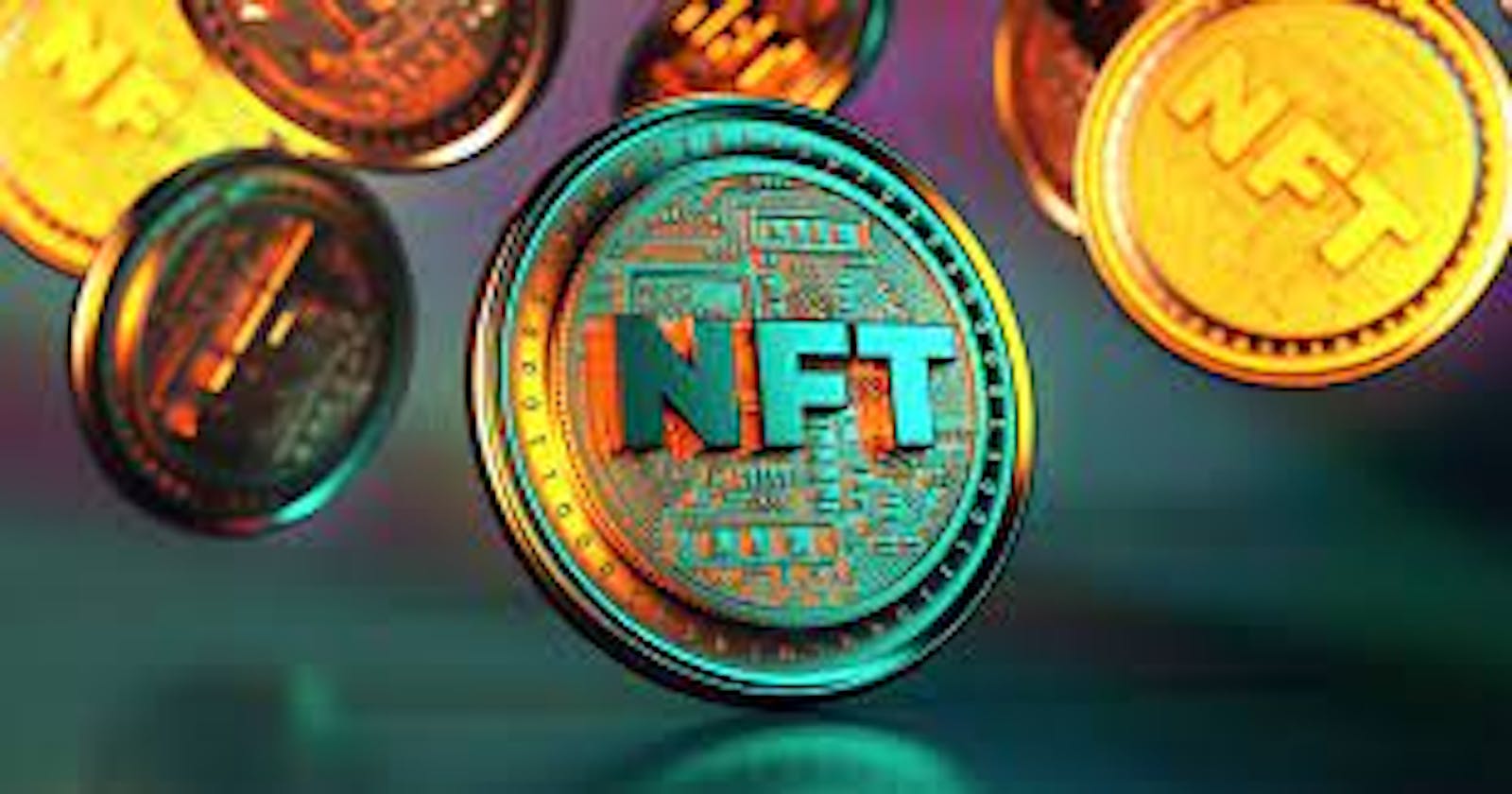In the ever-evolving landscape of technology, blockchain and NFTs (Non-Fungible Tokens) have emerged as transformative forces, reshaping industries and challenging traditional notions of ownership and authenticity. Let's delve into the world of NFTs and explore how they are revolutionizing the way we perceive and trade digital assets.
What Are NFTs?
NFTs are unique digital tokens, each representing ownership of a specific item or piece of content. Unlike cryptocurrencies such as Bitcoin or Ethereum, which are fungible and interchangeable, NFTs are non-fungible, meaning each token has distinct characteristics that make it one-of-a-kind. This uniqueness is achieved through blockchain technology, which records and verifies the ownership and provenance of NFTs.
The Power of Ownership
One of the most significant aspects of NFTs is the concept of ownership. In the digital age, content like art, music, videos, and virtual real estate can be easily copied and shared. NFTs change this by allowing creators to mint their work into unique tokens. When someone buys an NFT, they acquire proof of ownership and can transfer, sell, or display it, just like a physical asset. This concept has opened new doors for creators to monetize their digital creations and retain control over their intellectual property.
Art and Entertainment
The art world has been quick to embrace NFTs, with artists finding a new platform to showcase their work. Famous artists, musicians, and filmmakers have released limited edition NFTs, creating a buzz in both the digital and traditional art communities. Musicians have sold exclusive music albums as NFTs, granting access to special perks for owners. These tokens have redefined the relationship between creators and their audience.
Collectibles and Gaming
In the realm of gaming and collectibles, NFTs are making waves. Gamers can now own and trade unique in-game items as NFTs. These items can be used across multiple games or sold on NFT marketplaces. The idea of true ownership has breathed new life into the gaming industry, allowing players to have real-world value tied to their virtual possessions.
Environmental Concerns
While NFTs have undeniably transformed various industries, they are not without controversy. The energy consumption of some blockchain networks used for NFT transactions has raised environmental concerns. However, there is an ongoing shift towards more eco-friendly blockchain solutions that aim to minimize their carbon footprint.
The Future of NFTs
The NFT space continues to evolve rapidly, with innovative use cases emerging regularly. From tokenized real estate to unique digital fashion items, the possibilities are endless. NFTs are bridging the gap between the digital and physical worlds, creating new opportunities for artists, creators, and collectors alike.
In conclusion, NFTs and blockchain technology are rewriting the rules of ownership and authenticity in the digital age. They offer a glimpse into a future where digital assets hold real value and are reshaping the way we create, share, and interact with digital content. As this space matures and becomes more sustainable, it is likely that NFTs will play an even more prominent role in our increasingly digital world.
Thanks for reading, If you’d like to see more posts on Nfts, Blockchain, Computer science, Linux, Python, Git, GitHub and Cybersecurity, follow me on my social media handles.

